-
Bored with Peace and Order For Kolnai, however, what attracted the young to fascism was not so much any real practical concern, nor any really coherent philosophy. It was, rather, a kind of boredom with the peace and orderliness of liberal times. Distinctly lacking in liberal societies is the kind of enmity, battle, conflict, and esprit de corps that a conquering master-nation can provide.
– Nathan Beacon, “How Not to Be a Fascist: How one Hungarian philosopher resisted the Nazis through ‘civilization.’"
Sounds a bit like ICE thugs, eh?
-
Deserves more love. Celery is criminally underrated.
-
“Tiger” by Farid Khan, trans. by Tuhin Bhowal I’m hopeful that
to save its own species,
the tiger will become a poet,
the way dinosaurs became lizards,
And the poet, occasionally, a tiger -
More from Goldberg My only point is that no one benefits from a political, never mind, a policy debate, between Team Jackass and Team Thug fueled by a flood of voyeuristic videos. This spectacle feels to me like a metaphor in miniature of American politics generally. … Everyone plays to the crowds for attention and funding. Nobody wants to hammer shut the windows and do the work of the American people.
Right. Our politics are so juvenile. (Hence, the now almost mandatory dropping of f-bombs.)
Where did all the grown-ups go?
-
This has got to be one of the most cruelly ironic headlines I’ve ever seen: 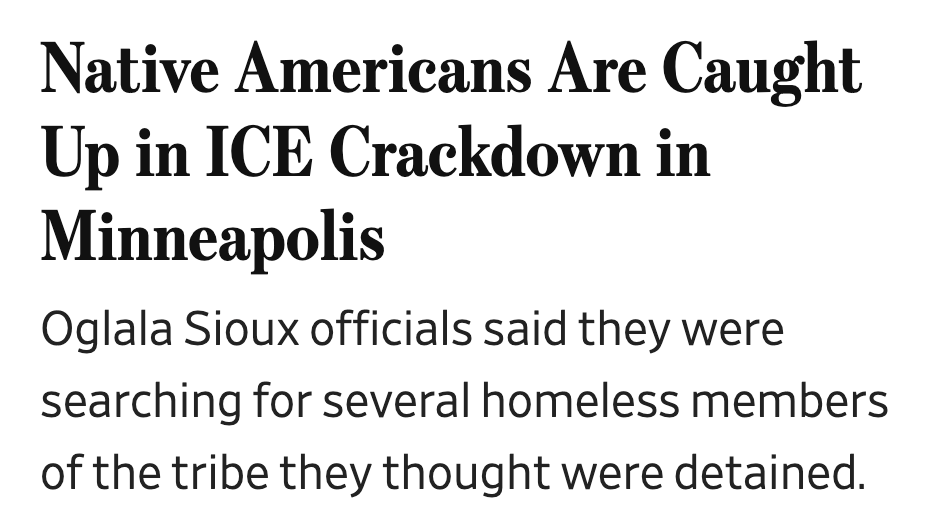
-
Remember how after 9/11 Katha Pollitt told her 13-year-old daughter she couldn’t fly the American flag, because “the flag stands for jingoism and vengeance and war”? Pollitt was wrong. But this administration is making her seem less so.
By hijacking the language of patriotism for this nationalistic, statist, militaristic horseshit, the right is picking up the baton of the left by signaling to millions of Americans that America’s heritage—and the people who talk about it—are precisely the kinds of people who see the American flag the same way she did.
-
We must take to the streets The lies spewing from Kristi Noem’s mouth about the bullshit “weaponization” of the murdered Minneapolis woman’s vehicle demand a mass response by the citizens of this country. Watch the video. Lies. Lies. Lies.
-
Go Right Ahead, Mr. Chairman Tom Friedman in the NYTimes makes an excellent point: Trump’s toppling of Maduro provides Xi another precedent for invading Taiwan.
-
The Great Jeff Galloway From the NYTimes: “50 Years Ago, He Was an Olympian. At 80, He’s Just as Happy to Finish Last. | Jeff Galloway, who popularized the run-walk-run method, is determined to complete one more marathon.”
-
Honey New Year! 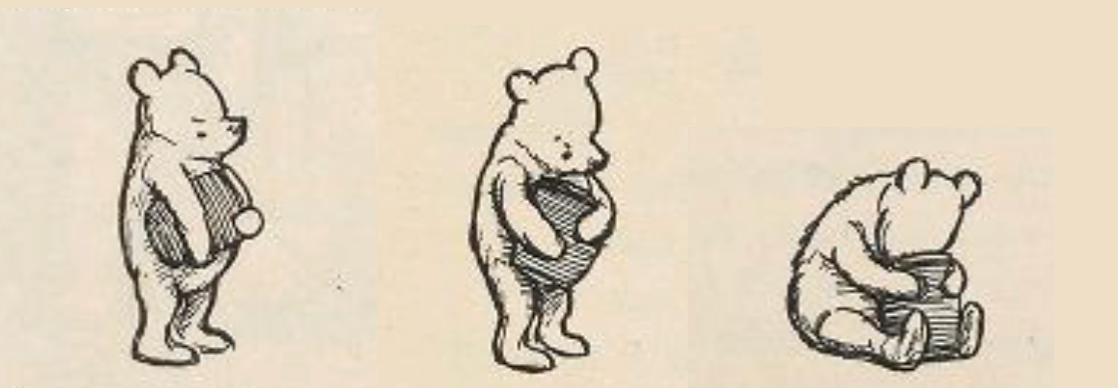
-
Last day at the law firm. 15,051 days.
Already off the website. 🤷♂️
Tomorrow to fresh woods, and pastures new. (!)
-
Giotto’s Stars 
-
Light the lamp! … Not the rat! Light the lamp, not the rat!
-
RIP Joe Ely (and Joe Strummer, too) 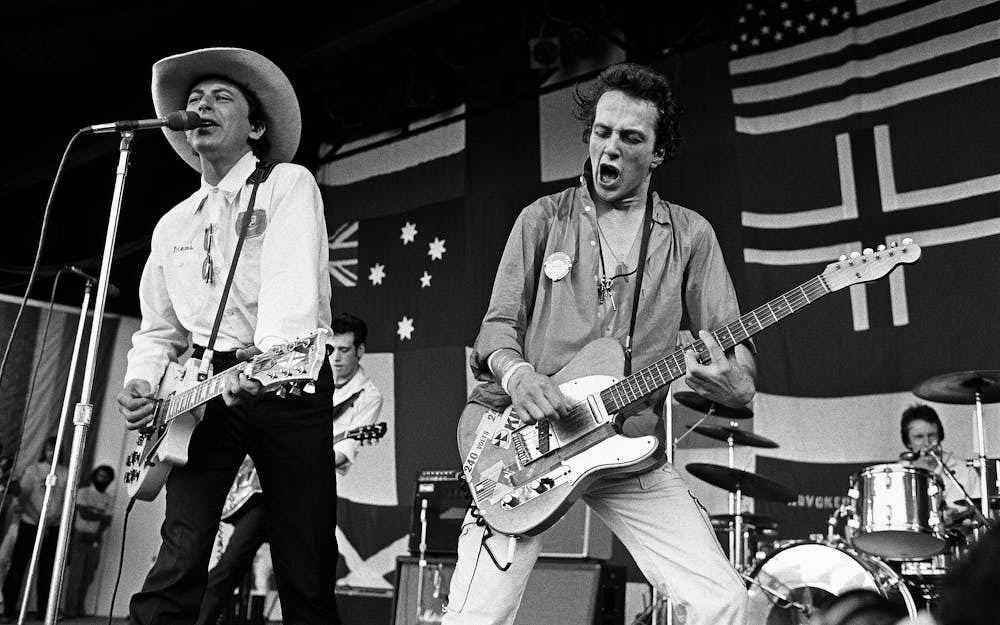 Joe Ely performs with Joe Strummer in 1979. Photo credit: George Rose/Getty
Joe Ely performs with Joe Strummer in 1979. Photo credit: George Rose/GettyJoe Ely was so important to Texas music and especially to me when I lived in Austin in the early ’80s. This Texas Monthly tribute by Michael Hall is great.
-
I will try to remember these The three lenses of opportunity cost: (1) Compared with what? (2) And then what? (3) At the expense of what? — Shane Parish
-
Nice Bake 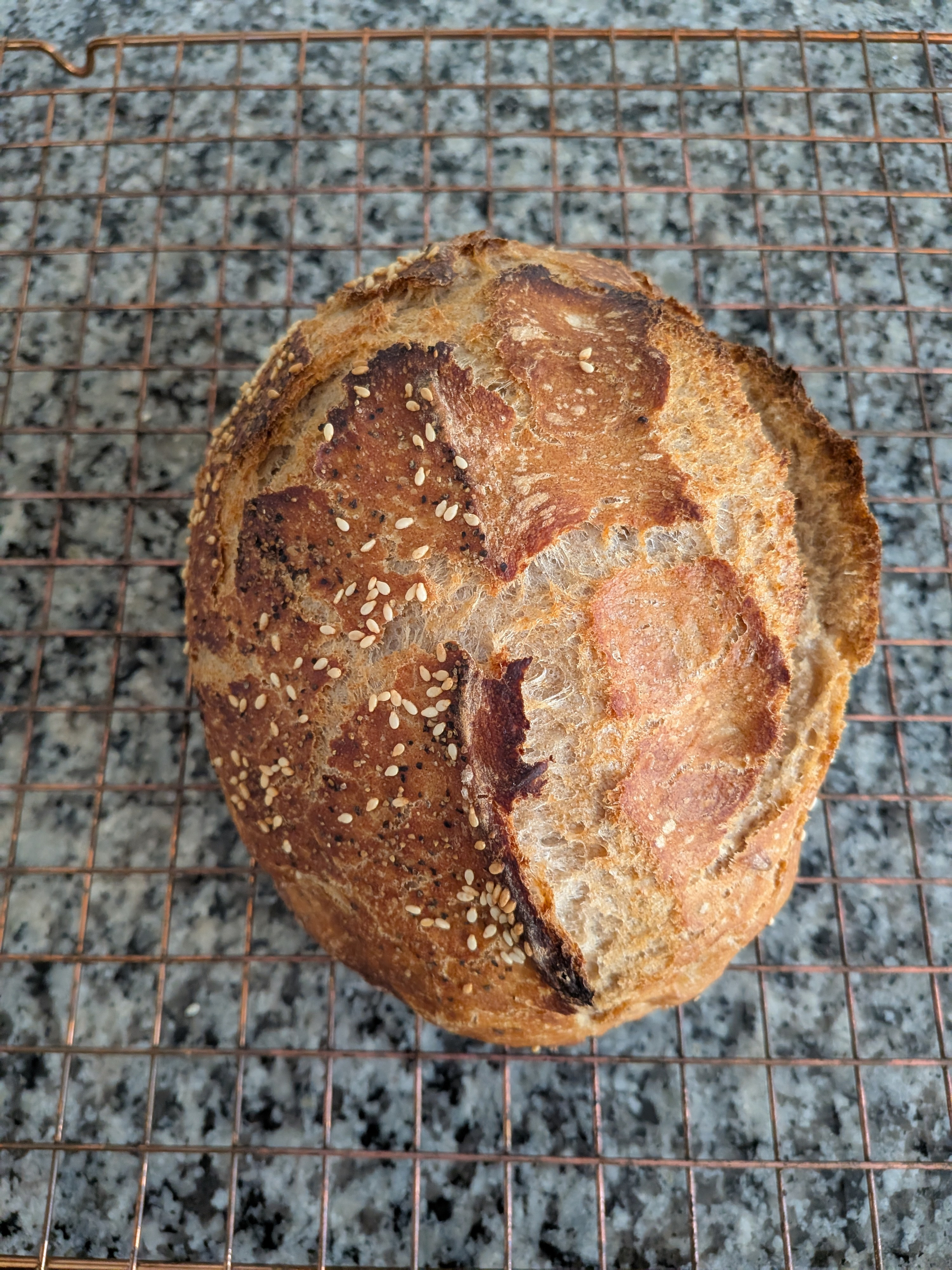
-
Pearl Harbor Day The attack on Pearl Harbor came 84 years ago today. We remember those who died that day.
-
The Spotify thing My most played albums in 2025. A pretty typical assortment, I guess.
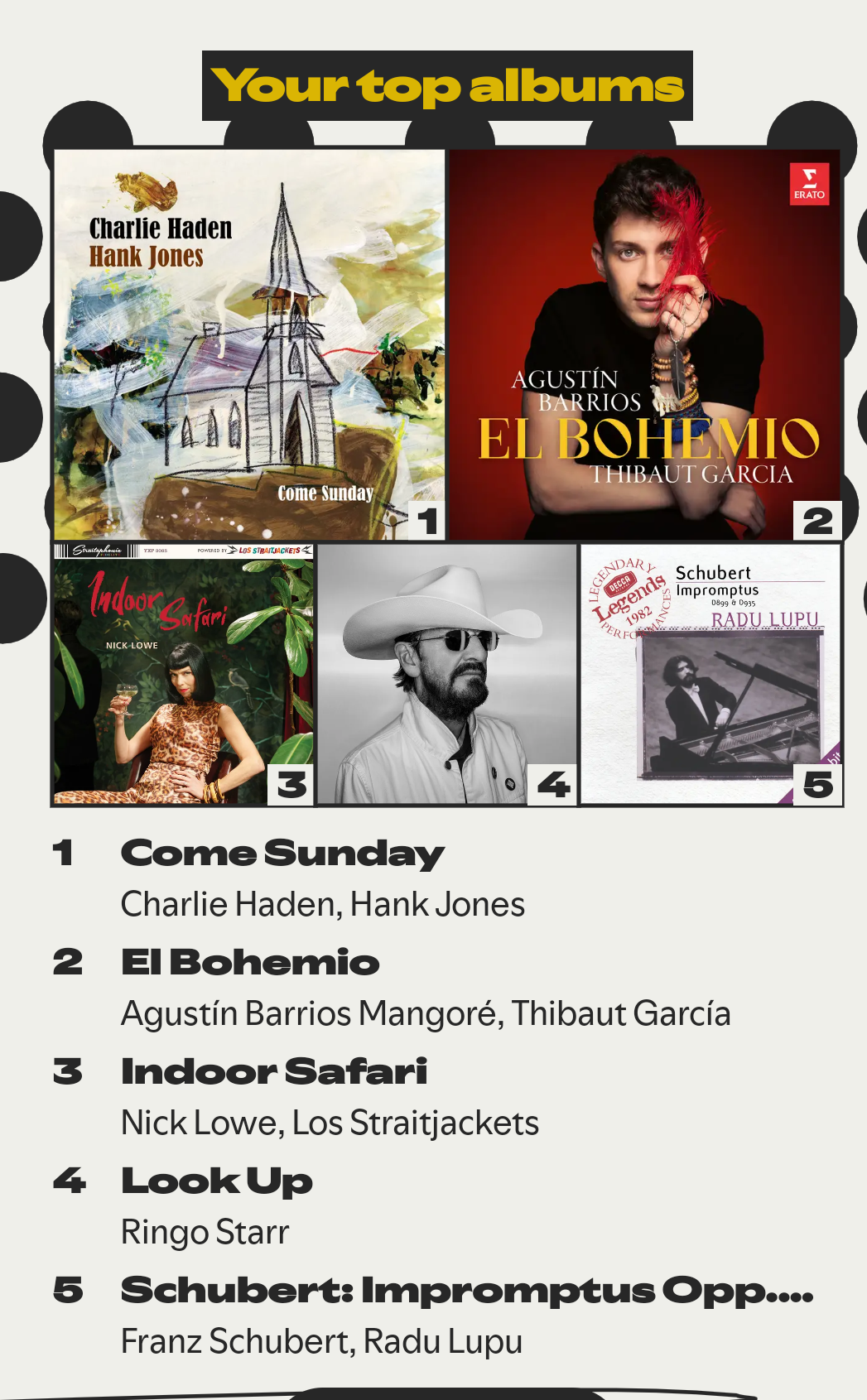
-
Mom This little girl would’ve been 102 years old today.

-
RIP, Tom Stoppard Stoppard was the author of the greatest (imo) English-language play of the last 50 years, “Arcadia," and in “Leopoldstadt," his last play, one of the most wrenching last scenes in the theater.
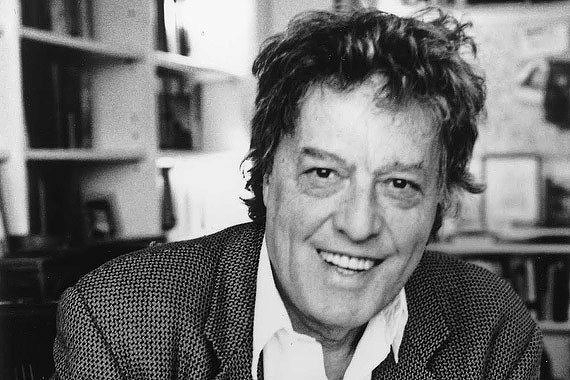
-
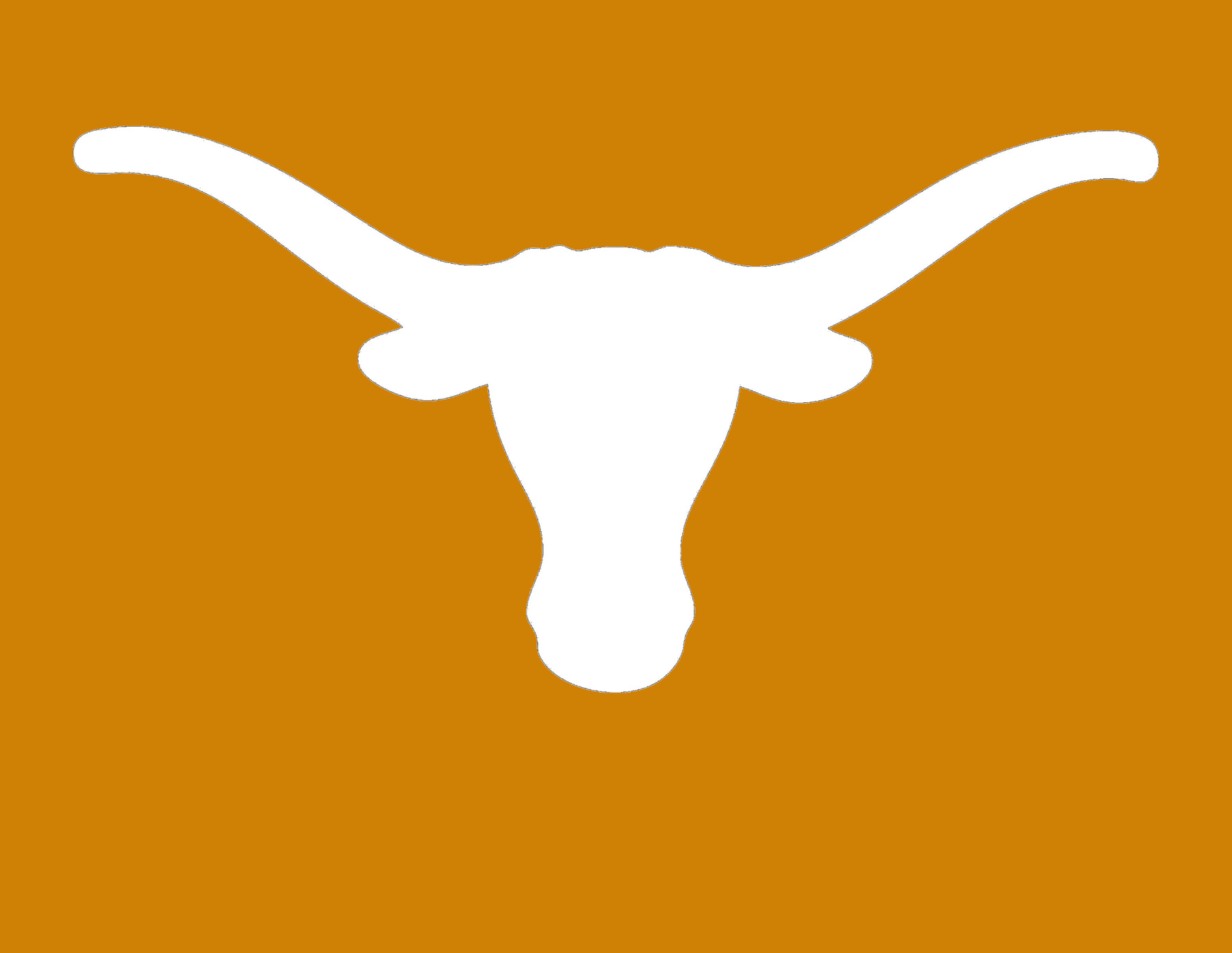
-
Grateful for Scarry Happy Thanksgiving!

-
Two Hundred Twenty-one (plus) Memorable (to me) Movies An up-to-date list from one of my first micro.blog posts.
-
Taboos We live in a world where violating taboos is monetizable and confers enviable status. I like taboos— not all of them, of course. But I respect the role of taboos in society. Good taboos are the guardians of settled questions. They sit like gargoyles at the mouth of dangerous caves and warn against spelunking in dark and dangerous places. …
The riot of taboo-violating and dogma-disinterring is an invitation to consequences few have the courage or the basic knowledge to apprehend.
If … you conjure a world where there is no external truth, only a riot of competing, equally valid perspectives, then you create a Nietzschean world where the only arbiter of “truth” is the one with the will and the power to impose their truth on everyone else.
-
Happy Sad Lovely Hamnet. Lots of ideas told in a happy, sad, and lovely story. Recommended for people who like that kind of thing (of which I’m one). 🍿
subscribe via RSS